If you’re unhappy with your smile, you might be interested in getting Invisalign. First, though, you want to know the average cost of Invisalign. After you find out how much it costs, you’ll know if it’s the right treatment for you. If it is, you can schedule a consultation and move forward with your treatment.
Let’s dive in and look at the average cost of Invisalign.
The Average Cost of Invisalign – What You Need to Know
It is impossible to determine the average cost of Invisalign since the cost of treatment depends on your unique needs. However, you can look at the cost range to get a better idea of how much you’ll pay.
Invisalign usually runs from $3,500 to $8,000. If your teeth don’t require much straightening, you’ll be on the low end of the spectrum. If your teeth require lots of work, you might end up on the higher end.
Simply knowing the average cost of Invisalign isn’t enough. You also need to look at payment options. Then you’ll realize that your payment options are more important than the average cost of Invisalign.
Payment Options
It’s likely that you want to know the average cost of Invisalign to see if you can afford it. However, affording Invisalign is easier than you might think.
If you have dental insurance, your policy might cover some of the treatment. Some policies cover Invisalign costs of up to $3,500. That makes Invisalign affordable for many people.
If you don’t have insurance, you are likely still worried about how you’ll pay for it. You are no longer just concerned with the average cost of Invisalign, but how you can take the next step and get treatment. Fortunately, some offices offer payment plans. You can sign up for a plan and make monthly payments. If you qualify for a plan, you won’t have to worry about the average cost of Invisalign since you can make small monthly payments.
Learn More About Invisalign
If you want to find out how much Invisalign will cost for you, contact First Class Orthodontics at (516) 292-6484. Dr. Boral and the team at First Class Orthodontics specializes in Invisalign for children and adults. Our Franklin Square, NY office is conveniently located and is a top choice for those in Malverne Park Oaks, North Valley, and other nearby locations.

 516.292.6484
516.292.6484
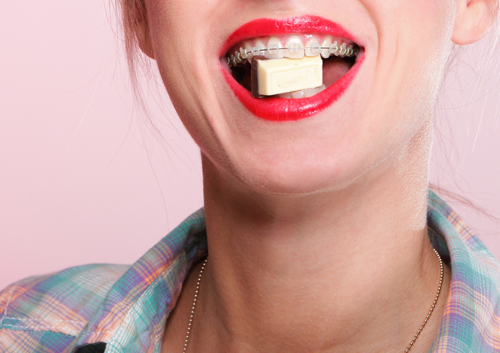
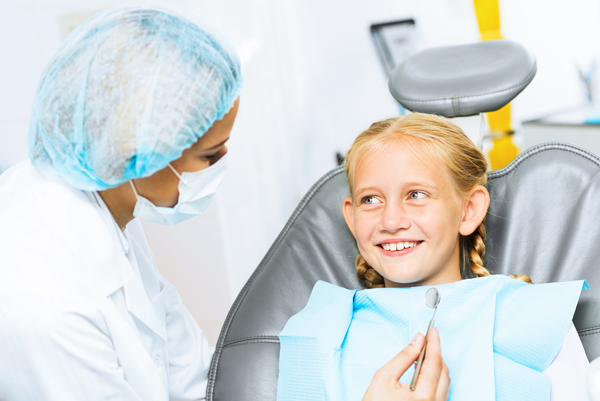
 At the first visit, a
At the first visit, a 
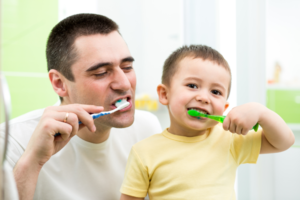 Thumb sucking, similar to pacifiers, may assist very young children develop jaw muscles. However, after that, it quickly becomes an issue. Thumb sucking is a habit that may cause a child to withdraw and ‘zone out’ instead of interacting. While thumb sucking may appear like an innocent habit, the results can affect your child’s health later on in their adult life. The long-term negative consequences of thumb sucking include:
Thumb sucking, similar to pacifiers, may assist very young children develop jaw muscles. However, after that, it quickly becomes an issue. Thumb sucking is a habit that may cause a child to withdraw and ‘zone out’ instead of interacting. While thumb sucking may appear like an innocent habit, the results can affect your child’s health later on in their adult life. The long-term negative consequences of thumb sucking include:
 Moderate alcohol consumption can be considered apart of a healthy lifestyle. However, alcohol isn’t generally considered “healthy.” Alcohol abuse is the second most common risk factor for oral cancer. The short and long-term effects alcohol has on your mouth, gums, and teeth include:
Moderate alcohol consumption can be considered apart of a healthy lifestyle. However, alcohol isn’t generally considered “healthy.” Alcohol abuse is the second most common risk factor for oral cancer. The short and long-term effects alcohol has on your mouth, gums, and teeth include:
 The long-term use of a pacifier changes mouth shape and the alignment of teeth. According to the American Academy of Pediatric Dentistry, the overuse of pacifiers affects mouth and teeth development the same way as long-term thumb-sucking. As a child’s upper front teeth tip forward, teeth may become crooked, which leads to biting problems. There may also be changes in jaw alignment and tooth positioning. The
The long-term use of a pacifier changes mouth shape and the alignment of teeth. According to the American Academy of Pediatric Dentistry, the overuse of pacifiers affects mouth and teeth development the same way as long-term thumb-sucking. As a child’s upper front teeth tip forward, teeth may become crooked, which leads to biting problems. There may also be changes in jaw alignment and tooth positioning. The 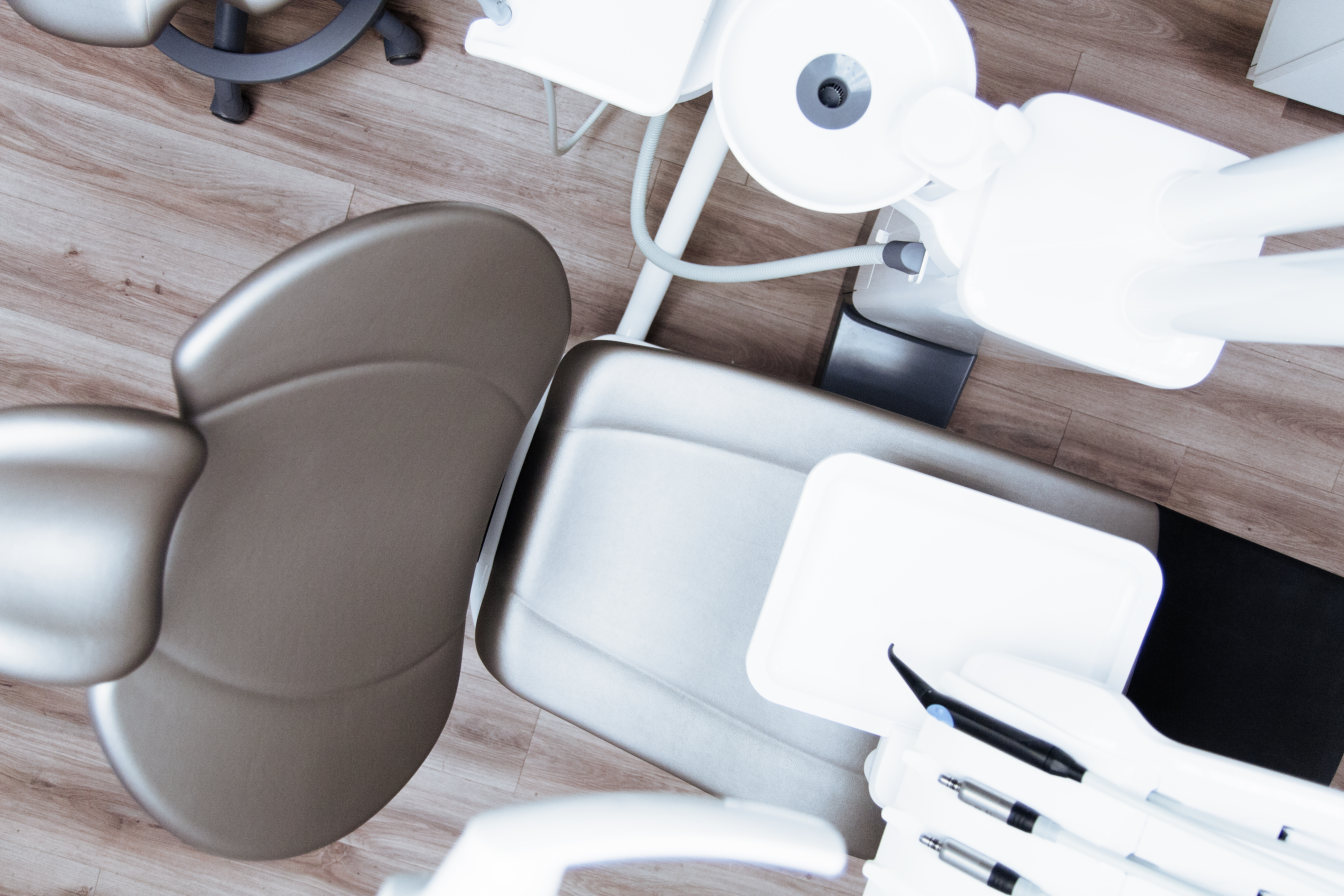
 Dr. Boral is a leading
Dr. Boral is a leading 

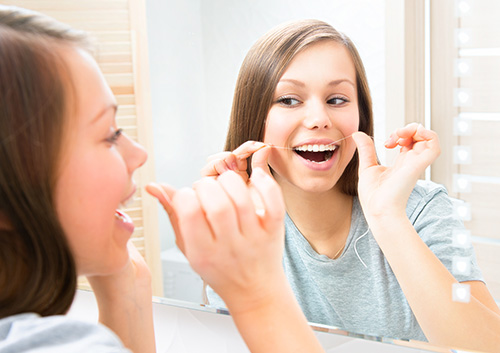

 516.292.6484
516.292.6484